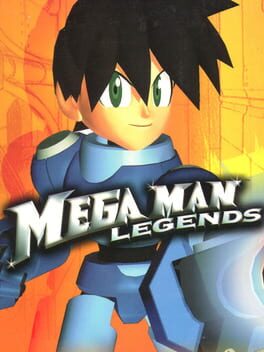DeAndre Cortez Way’s 2009 critique of Braid is well known for how it pioneered games analysis on Youtube, but it’s even more famous for its assertion that the game lacked central purpose. While entertainment is generally associated with some degree of pointlessness, there’s also expected to be some degree of enrichment, whether that be through the merit of competition, mastering challenge, or constructive escapism. If the audience is left without a lasting impression, the experience may as well have never happened, so it’s important for games to construct purposefulness, regardless of how artificial it is.
I started reevaluating this concept when Roll called me up as I exited a dungeon, mentioning that I must be getting hungry, and that I could have a slice of the apricot pie she baked as soon as I got back to the ship. The line is completely pointless. The subject never comes up again, it doesn’t build into any new characterization, and the game would be functionally identical without it, but even so, they went to the trouble of writing and recording a voice line for it. Similarly, while Roll is established as your mechanic, she’s not the person who saves your game and heals you, it’s a small robotic monkey that constantly does The Monkey like Johnny Bravo, and I can’t fathom why. That is to say, I can’t fathom why it’s constantly dancing and I also can’t fathom why it was included in the game at all, but there it is. The more I looked for it, the more I noticed how Legends is completely saturated with pointlessness, including its plot. The stakes are incredibly low, you’re simply trying to find a treasure before the Bonne Family Pirates do, but they’re such a loving family of good-natured criminals that you wouldn’t mind them winning. In multiple cutscenes, MegaMan seems like he wants to communicate to the Bonnes that there’s no real reason to fight, but they keep doing it because they love it. Details like these give the game a totally unique atmosphere of joyous pointlessness, like the developers themselves were building the game in ways that made them laugh, regardless of how much sense their design actually made. The game feels like a celebration of doing things entirely for their own sake, and not getting too caught up in finding a grand purpose. I wouldn’t exactly call it The Myth of Sisyphus for kids or anything, but at the very least it’s a perfect example of how pleasant it can be that there ain’t no point to the game.
I started reevaluating this concept when Roll called me up as I exited a dungeon, mentioning that I must be getting hungry, and that I could have a slice of the apricot pie she baked as soon as I got back to the ship. The line is completely pointless. The subject never comes up again, it doesn’t build into any new characterization, and the game would be functionally identical without it, but even so, they went to the trouble of writing and recording a voice line for it. Similarly, while Roll is established as your mechanic, she’s not the person who saves your game and heals you, it’s a small robotic monkey that constantly does The Monkey like Johnny Bravo, and I can’t fathom why. That is to say, I can’t fathom why it’s constantly dancing and I also can’t fathom why it was included in the game at all, but there it is. The more I looked for it, the more I noticed how Legends is completely saturated with pointlessness, including its plot. The stakes are incredibly low, you’re simply trying to find a treasure before the Bonne Family Pirates do, but they’re such a loving family of good-natured criminals that you wouldn’t mind them winning. In multiple cutscenes, MegaMan seems like he wants to communicate to the Bonnes that there’s no real reason to fight, but they keep doing it because they love it. Details like these give the game a totally unique atmosphere of joyous pointlessness, like the developers themselves were building the game in ways that made them laugh, regardless of how much sense their design actually made. The game feels like a celebration of doing things entirely for their own sake, and not getting too caught up in finding a grand purpose. I wouldn’t exactly call it The Myth of Sisyphus for kids or anything, but at the very least it’s a perfect example of how pleasant it can be that there ain’t no point to the game.
Reviewed on Jul 31, 2022
